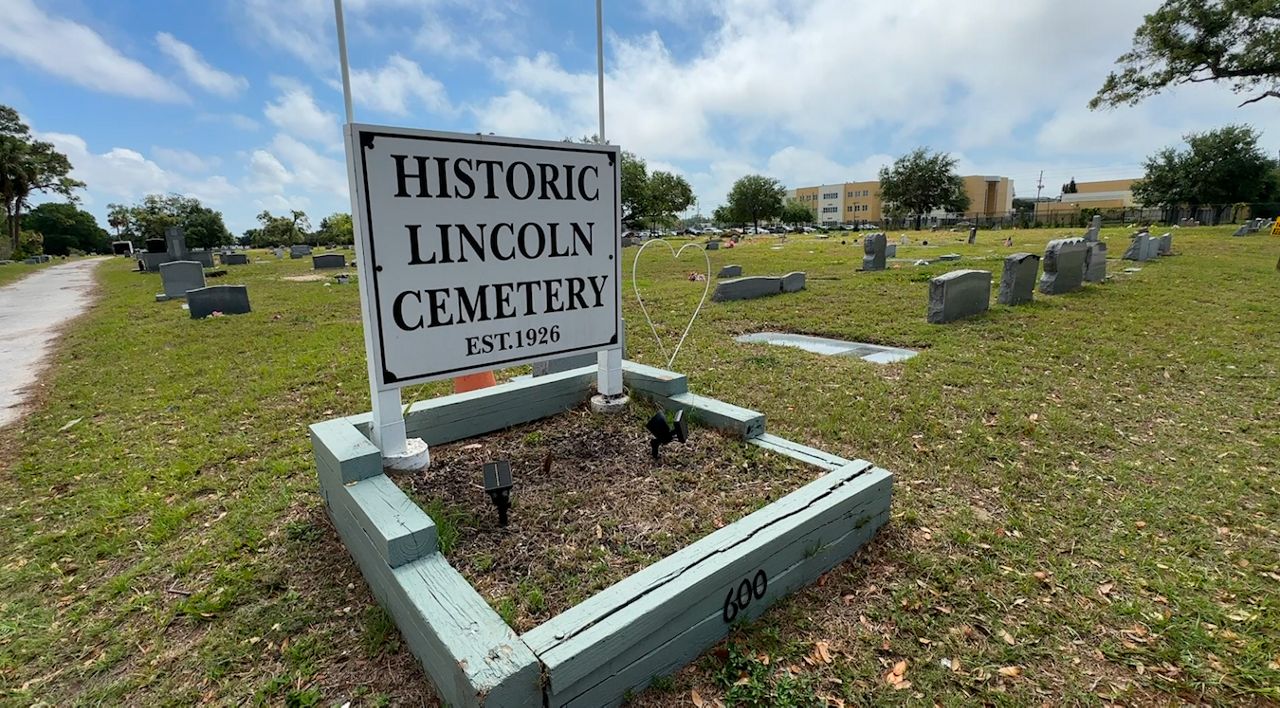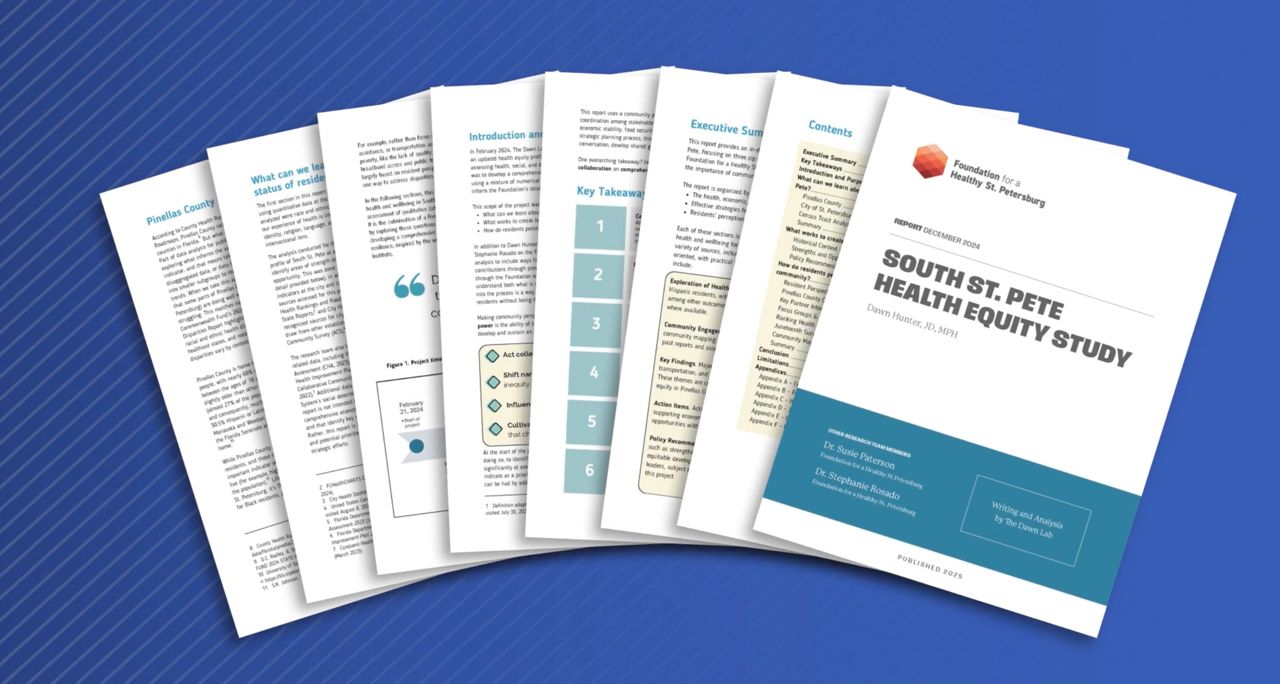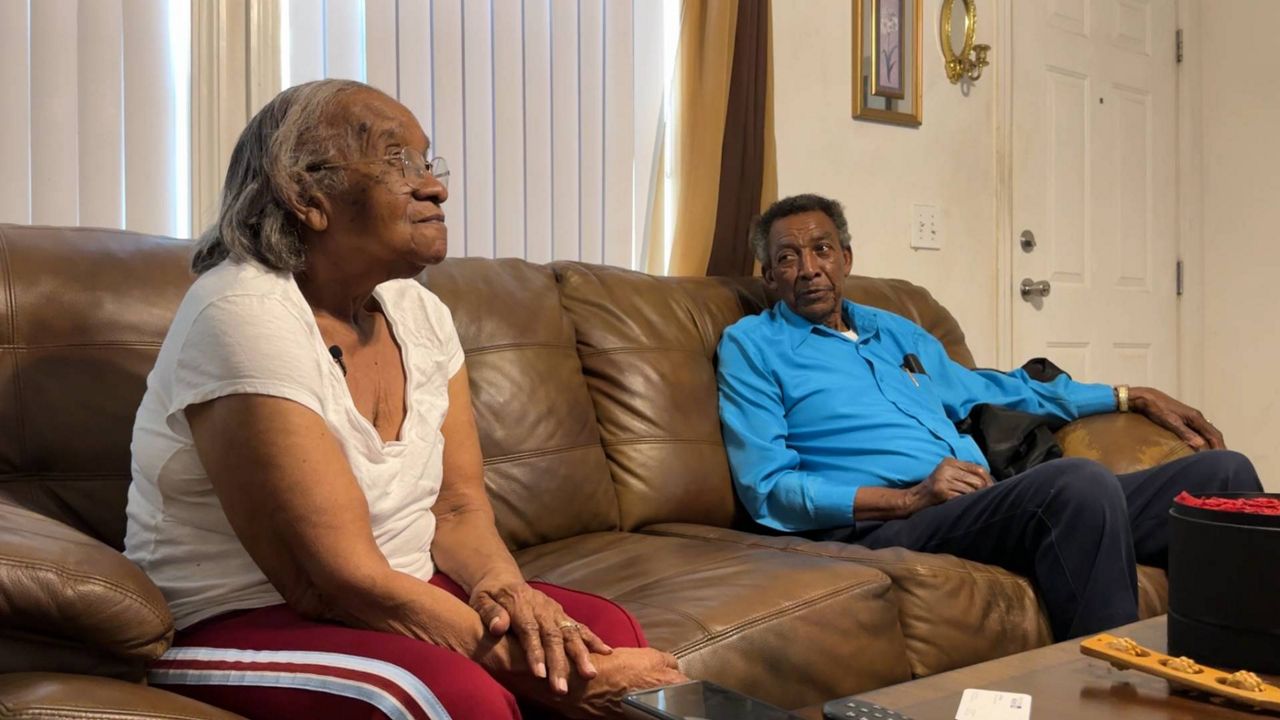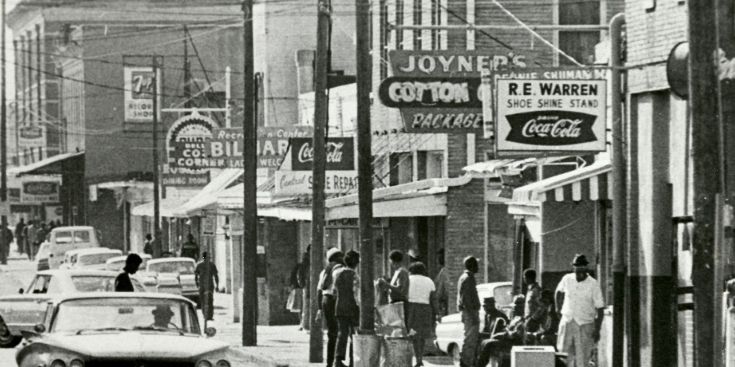TAMPA, Fla. — Most experts say there’s no one answer or quick fix to eliminate the disparities between Black women and Black babies dying during childbirth. But that doesn’t mean mothers and local agencies are sitting back doing nothing.
In Tampa Bay, a nonprofit uses some birthing services that many don’t consider for a safe pregnancy and delivery.
Nicola Bailey is the chief executive officer of Reach Up Inc. in the Tampa Bay area. She said her agency has been proactive on the disparity for Black women and Black infants for years — and for good reason.
“Fifteen percent of women in Hillsborough County experience maternal mortality during childbirth over all,” Bailey said. “So, when we have our programs like our doulas and our pregnancy medical home and our male involvement network, our goal is to work with the entire family.”
Yosellice Austin is a doula at Reach Up, and she’s worked with entire families throughout her brief career at the nonprofit.
“I have been a doula for two years,” she said.
Austin got the inspiration for the career move after having four children of her own.
“I had a really rough delivery with my last child, and I thought at first I was looking to be a midwife,” she said.
After doing her research, she said figured out the difference between the two occupations and knew which one was right for her.
“Doulas don’t do any medical. We are just there to educate, advocate and give the clients that I have the power to do what I want to do with my baby and with my birth,” she said.
To some black mothers, that kind of advocacy could mean the difference between life or death, she said.
“All of us help a mom every day to be able to make sure she’s still alive the next day,” Austin said.
Austin said she’s worked to help mothers who are mostly minorities navigate child birth and its potential dangers.
“We want to advocate for you in the hospital or in the birthing center or with your family what it is that you want to happen during labor,” she said.
That’s the kind of help Ashley Broadnax said she knew she needed after finding out she was pregnant with twin boys.
“I was really nervous because I had a miscarriage in 2018," Broadnax said. "That’s why I feel like I got two. He gave me my one back and then another one.”
This time around, she reached out to Reach Up.
“It was hard for us to get help, but this program really, as far as education-wise and nutrition-wise, they really helped me a lot. Like eating better with them before and after pregnancy,” she said.
Reach Up’s staff matched her with a doula and she said she believes her babies, Ayven and Asaiah, are here because of that.
“When Amy came in my life, she was like, 'This is your body, this is your time, you don’t let them tell you what to do. You tell them what you want.' When she told me that, I started to speak up because I was scared to lose them,” she said.
According to the United States Office of Health Policy and other medical studies, Black women are two, and at times have been, four times more likely to die giving birth, and Black infants are almost three times more likely to die during birth.
But research also shows having a doula can be beneficial for both mother and baby.
Even with those concerning numbers, Broadnax said she’s staying positive and encouraging other mothers like her to do the same in the face of those deadly statistics.
“Everybody is different. Don’t let it scare you. Because at first it got me, but then I overcame it,” she said.
Cost can be a barrier to access when it comes to hiring a doula. Doula services can cost thousands of dollars, and most aren’t covered by insurance. That’s where nonprofits like Reach Up can help to offer the services, in most cases, for free.
Another tool is through a statewide initiative. By the end of 2023, there will be 200 doulas in more than half of Florida’s 67 counties through a program called GROW. There are also options through Medicaid.










